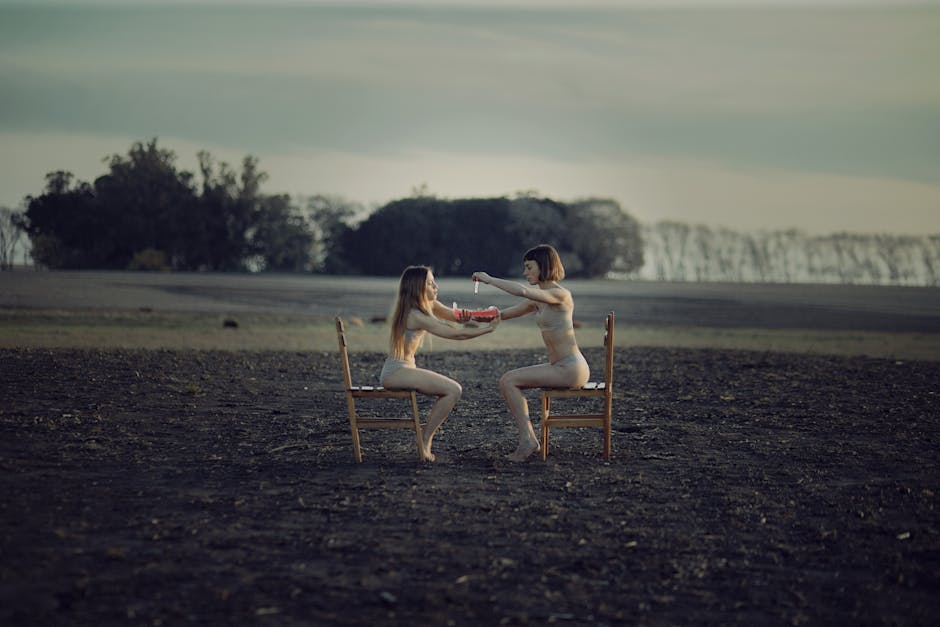Literary genres and themes lie at the heart of every story, guiding both writers and readers through the vast universe of literature. From ancient myths to contemporary novels, genres and themes have evolved alongside humanity, reflecting our hopes, fears, and dreams. At Litivo, we believe that understanding these building blocks is essential for anyone who wants to let stories evolve with them, whether you’re a passionate reader, an aspiring writer, or a lifelong learner.
The Foundations of Literary Genres

Photo by Charmain Jansen van Rensburg on Pexels
Genres are the broad categories that help us organize and understand stories. At their highest level, literary genres can be divided into three main categories: fiction, nonfiction, and poetry. Fiction encompasses stories born from imagination, ranging from epic fantasies to intimate dramas. Nonfiction covers works rooted in reality, such as biographies, memoirs, and essays. Poetry, with its rhythmic language and evocative imagery, bridges the gap between the factual and the fantastical.
Within these overarching categories, genres branch into a rich tapestry of subgenres. Fiction alone includes mysteries, science fiction, fantasy, romance, historical fiction, horror, and more. Each genre brings its own conventions, expectations, and emotional experiences. For example, mysteries invite readers to solve puzzles, while romances promise emotional connection and hope. Nonfiction genres, like memoir and creative nonfiction, offer personal insights and factual storytelling, while poetry explores the depths of human emotion and the beauty of language.
Understanding genres is not just about classification—it’s about recognizing the unique pleasures and challenges each type of story offers. Genres act as signposts, guiding readers to the narratives they crave and helping writers find their creative voice. As you explore new genres, you expand your literary horizons, discovering new worlds and perspectives.
The Dynamic Evolution of Genres

Photo by Mike González on Pexels
Genres are not static—they are living, breathing entities that evolve in response to cultural, technological, and social shifts. Throughout history, new genres have emerged as society changes. The rise of science fiction in the 20th century reflected humanity’s fascination with technology and the unknown. The explosion of digital media in the 21st century gave birth to interactive storytelling, hybrid genres, and cross-media narratives.
Social movements have also played a crucial role in shaping genres. As marginalized voices gain prominence, genres like Afrofuturism, queer romance, and feminist dystopia have redefined the literary landscape. These genres challenge traditional narratives, offering fresh perspectives and empowering readers to see themselves in stories.
At Litivo, we celebrate the dynamic nature of genres. By embracing change and diversity, we ensure that stories continue to evolve with us, reflecting the complexities of our world and the endless possibilities of the human spirit. The next groundbreaking genre could be just around the corner, waiting for a new generation of storytellers to bring it to life.
Unpacking Literary Themes: The Heartbeat of Storytelling

Photo by Mac DeStroir on Pexels
If genres are the containers for stories, themes are the lifeblood that flows through them. A literary theme is the underlying message, idea, or question that a story explores. Themes give stories depth, resonance, and meaning, inviting readers to reflect on the human experience.
Common themes include love, loss, identity, power, freedom, justice, and transformation. These universal ideas transcend genres and cultures, connecting readers across time and space. For example, the theme of redemption can be found in everything from ancient epics to modern thrillers. The search for belonging appears in both coming-of-age novels and speculative fiction.
Themes often emerge organically as writers explore characters, conflicts, and settings. Sometimes, a story’s theme is explicit; other times, it lingers beneath the surface, waiting for readers to discover it. The most powerful stories are those that invite readers to engage with their themes, encouraging reflection, empathy, and growth.
Understanding themes enriches the reading experience. It allows readers to connect with stories on a deeper level and helps writers craft narratives that resonate long after the final page is turned.
How Genres and Themes Interact

Photo by COPPERTIST WU on Pexels
Genres and themes are deeply intertwined, shaping and informing each other in countless ways. While genres provide structure and expectations, themes infuse stories with meaning and emotional impact. A single theme can be explored across multiple genres, and a single genre can encompass a wide range of themes.
Consider the theme of survival. In a thriller, survival might mean outwitting a villain; in a dystopian novel, it could involve resisting an oppressive regime; in a memoir, it may reflect overcoming personal adversity. Each genre brings its own lens to the theme, offering unique insights and emotional journeys.
Writers often use genre conventions to highlight or subvert themes. A romance novel might explore the theme of forgiveness through the lens of a second-chance love story, while a science fiction tale could examine the same theme in the context of artificial intelligence and human relationships. By blending genres and experimenting with themes, writers create stories that challenge, surprise, and inspire readers.
For readers, recognizing the interplay between genres and themes enhances appreciation and understanding. It encourages curiosity, empathy, and a willingness to explore new perspectives.
Choosing and Blending Genres as a Writer

Photo by cottonbro studio on Pexels
For writers, understanding genres is both a practical tool and a source of creative inspiration. Choosing the right genre can help clarify your story’s purpose, attract your ideal audience, and guide your writing process. At the same time, blending genres—also known as cross-genre or hybrid writing—can lead to innovative and memorable stories.
Think of a science fiction romance, a historical fantasy, or a literary thriller. These hybrid genres break traditional boundaries, offering fresh experiences for readers and new challenges for writers. When selecting a genre, consider your story’s core conflict, setting, and characters. Ask yourself what traditions you want to honor and which ones you want to break.
The most impactful stories often defy easy categorization, challenging readers to think differently and feel deeply. As you experiment with genres, you become part of a long tradition of storytellers who push boundaries and redefine what stories can be. Remember, the possibilities are limited only by your imagination.
Why Themes Matter for Readers and Writers

Photo by James Cousineau on Pexels
Themes are the connective tissue that binds stories to our lives. For readers, themes provide a lens through which to interpret and find meaning in stories. They offer comfort, challenge assumptions, and inspire action. Whether you’re drawn to tales of hope, stories of resilience, or explorations of identity, themes help you find books that speak to your soul.
For writers, themes offer a compass. They guide character development, plot progression, and world-building. By consciously exploring themes, writers can create stories that resonate on both personal and universal levels. A well-crafted theme can turn a simple plot into a profound journey, leaving a lasting impact on readers.
Engaging with themes also fosters empathy and understanding. Stories that tackle difficult or unfamiliar themes can open minds, bridge divides, and spark important conversations. In a world that is increasingly complex and interconnected, the power of story to illuminate, connect, and heal has never been more vital.
The Future of Genres and Themes: Letting Stories Evolve With You

Photo by Carolina Basi on Pexels
As we look to the future, one thing is clear: genres and themes will continue to evolve, shaped by the collective imagination of writers and readers. New genres will emerge in response to technological advances, cultural shifts, and global challenges. Themes will adapt to reflect the hopes, fears, and dreams of each generation.
At Litivo, our mission is to help stories evolve with you. We invite you to explore the rich landscape of genres and themes, to experiment as writers, and to read with curiosity and compassion. Whether you’re discovering a new favorite genre, exploring a challenging theme, or crafting your own story, remember that you are part of a living tradition—one that is as dynamic and diverse as humanity itself.
The world of literary genres and themes is vast, ever-changing, and full of possibility. Let stories evolve with you, and together, let’s shape the future of storytelling.
Sources
- https://litivo.net/the-ultimate-guide-to-literary-genres-exploring-the-building-blocks-of-storytelling/
- https://litivo.net/a-deep-dive-into-book-genres-exploring-the-heart-of-storytelling/
- https://www.thenovelry.com/blog/book-genres
- https://en.wikipedia.org/wiki/List_of_writing_genres





